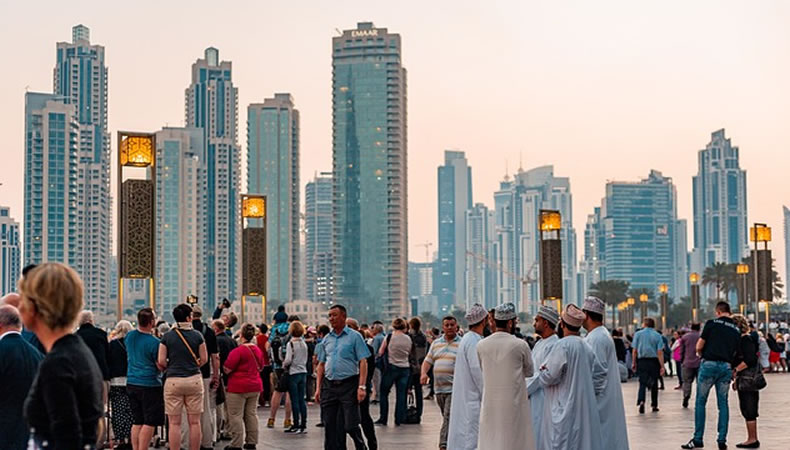AMF and AGFUND sign an agreement to advance economic growth in the Arab region

On Wednesday, December 28, the Arab Monetary Fund (AMF) and the Arab Gulf Programme for Development (AGFUND) signed a memorandum of agreement to advance economic development and accomplish sustainable development objectives in the Arab area by strengthening the role of financial inclusion.
In addition to supporting legislation and oversight of financial systems, including microfinance, the MOU will concentrate on supporting micro, small, and medium-sized agricultural projects as well as the digital financial transformation, which helps to accelerate economic growth and create job opportunities in the region.
Both Dr. Abdulrahman A. Al Hamidy, Director General Chairman of the Board – Arab Monetary Fund “amf,” and His Royal Highness Prince Abdulaziz bin Talal bin Abdulaziz Al Saud, President of the Arab Gulf Programme for Development (AGFUND), signed the memorandum.
The members of the AGFUND Board of Directors who attended the signing ceremony were Ghazi Almotawa, who represented the State of Kuwait, Nawaf Al-Sada, who represented the Kingdom of Bahrain, Mohsen Al-Bahli, who represented the State of Qatar, Muhammad Al-Mahrouqi, who represented the Sultanate of Oman, and Dr. Nasser Al-Qahtani, who is the executive director of the AGFUND.
Read | Around 700 ISIS operatives killed in Syria and Iraq this year, says US
The agreement will aid the two organisations in coordinating and combining their efforts to address problems pertaining to the growth of the financial and microfinance sectors. As part of a plan to enhance the financial infrastructure of the region, this entails helping and aiding Arab nations in developing and implementing financial sector reforms, covering topics like microfinance and good governance to increase financial inclusion and maintain stability.
In accordance with the agreement, both conventional and cutting-edge financial solutions will be supported, including microfinance, green financing, responsible and sustainable finance, and the agricultural insurance industry.
Along with combined involvement in pertinent initiatives, programmes, conferences, research projects, and studies, cooperation will also entail joint efforts to support the objectives of structural changes and sustainable economic development. AGFUND declared its support for the comprehensive economic reform plan that was agreed to by the Yemeni government and the Arab Monetary Fund, which is supported by the Kingdom of Saudi Arabia, outside of the conference.
In order to put Yemen’s economy on a more sustainable path and advance the processes of economic and social development, the programme, which runs through 2025, aims to lay the groundwork for economic stability in Yemen, strengthen the state’s public finances and external position, rebuild its institutions, and promote comprehensive and sustainable economic growth.
The President of the Arab Gulf Programme for Development, His Royal Highness Prince Abdulaziz bin Talal bin Abdulaziz Al Saud, stated that the strategy of the AGFUND, which aims to strengthen cooperation that supports reforms in Arab countries that help them achieve sustainable development, is reflected in the efforts to deepen partnership with the Arab Monetary Fund.
Supporting corporate governance and financial institutions in the areas of microfinance, financial education, environmental and community policy, as well as food security, can help to achieve this.
In addition to giving small-scale agricultural initiatives, health insurance, and education, value chains, small farmer services, women’s participation, and career prospects for young people specific attention.
The Arab Monetary Fund is overseeing the reform programme in Yemen, and His Royal Highness reiterated his support for it. He also noted that the cooperation in this case serves as a concrete illustration of the Arab Monetary Fund and the Arab Gulf Programme for Development’s collaboration.




